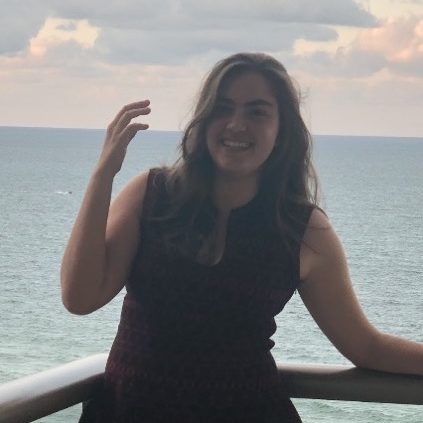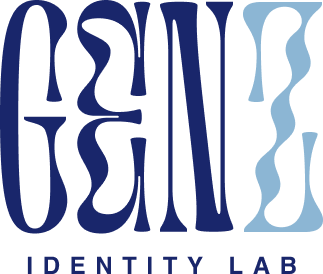It has become abundantly clear that 2020 will make its mark in history as one of the most significant and consequential years of the early 21st century. And for teens across the world, this year will largely define our perspectives on not only the current state of the world, but also our future. With that in mind, it’s necessary to analyze the first five months of 2020 from the perspective of Gen Z, as it is undoubtedly one of the most significant years of our lifetimes so far.
January: From a national and global perspective, the first month of the new year was much like any other. Teenagers and young adults reflected on 2010s culture as a defining factor in our lives. We listened to Disney Channel theme songs, laughed about our pictures from the beginning of the decade and ushered in a new semester of the school year. The world lost a beloved American icon in January when NBA legend Kobe Bryant and his young daughter Gianna, along with seven other victims, were killed in a helicopter crash in California. The United States and the world mourned one of the greatest players of all time. At the same time, the mounting tensions between Iran and the US were dubbed a potential “World War III” by the media and citizens alike. With the American murder of Iranian General Soleimani and an Iranian attack on U.S. bases, international relations continued to deteriorate. For America’s youth, the threat of a World War was frightening, however, since our generation has little to no capacity to influence American-Iranian relations, we watched the situation unfold from afar. The potential conflict, as well as the loss of an international icon became defining factors of January 2020.
February: February was a heartbreaking wake-up call to the reality of climate change. Wildfires ravaged Australia and the world watched as countless species were endangered. Climate change is without a doubt one of the biggest challenges that Gen Z will have to face in our future—yet the wildfires were largely disregarded. The plight of Australia and its wildlife received widespread sympathy, however the attention to the ecological tragedy dwindled as the news cycle became increasingly dominated by a new disease that had originated in Wuhan, China. COVID-19, or as it became known, coronavirus, was spreading. The number of cases in Italy rose quickly and dangerously in February. The exponential growth of the virus was a signal for Gen Z-ers all over the world that it would reach their communities soon, if it had not already.
March: For everyone, March was transformative. For Americans specifically, it became the definitive marking point of the transition from a pre-corona world to a corona world. Life came to a halt for everyone. For Gen Z, the biggest adjustment was the closing of schools as virtual learning became the new reality. Instead of classroom discussions and lunch with friends, students were forced to grow accustomed to eight hour school days in front of computers. It became clear very quickly that major changes had to be made to most virtual learning situations, as they overwhelmed students, going so far as to negatively affect mental health. For students, the most obvious and painful effects came when seniors across the nation realized that more likely than not, they would lose the second semester of their senior year, which included prom and graduation. For Gen Z as a whole, March was a challenging month. But we persisted.
April: April was largely defined by social distancing and virtual learning. On social media, students shared their struggles and collective emotions about the unprecedented difficulties of virtual learning. Seniors mourned their inability to celebrate twelve years of work with their friends. The coronavirus killed hundreds of thousands, devastating the entire world. Upon reflection, April demonstrated the unity and strength of Gen Z, whether it be through social media or through Zoom calls with our friends, as each one of us found comfort in the knowledge that whatever we were feeling, there were millions of people feeling the same way.
May: May was yet another month in quarantine. It was highlighted by disappointing graduations, virtual APs that sent millions of students into a panic and end-of-semester assessments. And while at the time, the stress and desperate attempts to celebrate the end of the year seemed to define the month of May, by the end, they didn’t. On May 25th, George Floyd, a black man was brutally murdered by police officers in Minneapolis. For 8 minutes and 46 seconds, Floyd lay on the ground pleading for his life as a police officer kneeled on his neck. The tragedy was caught on video tape by bystanders and posted on social media. In the words of Floyd’s six year old daughter; “Daddy changed the world.” In the wake of the horrific and racist murder, a revolution was set off in America. Black Lives Matter, among other organizations, organized global protests to combat police brutality and racism in America. Social media was set ablaze by the fight for justice, as exemplified by “#blackouttuesday”, when tens of millions of individual users as well as corporations made a demonstration of public support of the movement by posting a black square on Instagram.
Although Coronavirus defined 2020 in large part for the majority of the world, for Gen Z, it was equally as definitive as the murder of George Floyd, other innocent black people, and the movement that followed. The great number and strength of the protesters around the US and the whole world reflected that while the government may have lacked action, Gen Z did not. Among other generations, Gen Z picked up the sword, whether it was physically by protesting, financially by donating or virtually sharing support through social media. We decided to fight as we have done so many times before, and will continue to do for what we believe is right. As 2020 reaches its midpoint, we see more and more the evidence of Gen Z’s strength of character. Our generation’s unity and ability to bind together and fight for justice becomes more evident with every passing day in 2020.

Katya Sucher was born in the United States but grew up in Moscow, and moved to Miami when she was 11. She speaks five languages and has a huge passion for traveling around the world and exploring different cultures. She attends Ransom Everglades Upper School, in Miami. At school, she loves to dance, throw discus and shot-put, is Vice-President or French Club and a member of Diversity Council. She loves writing, and she has every since she was a child. She particularly enjoys fiction, but also research papers about topics that interest her, like the Cold War, or fashion history. She loves sushi, chocolate, music, dogs and fashion. She believes that Gen Z has a voice much more powerful than any generation that preceded it, and its exposure to the ever-changing world is a tool that can help Gen Z influence society for the better.


